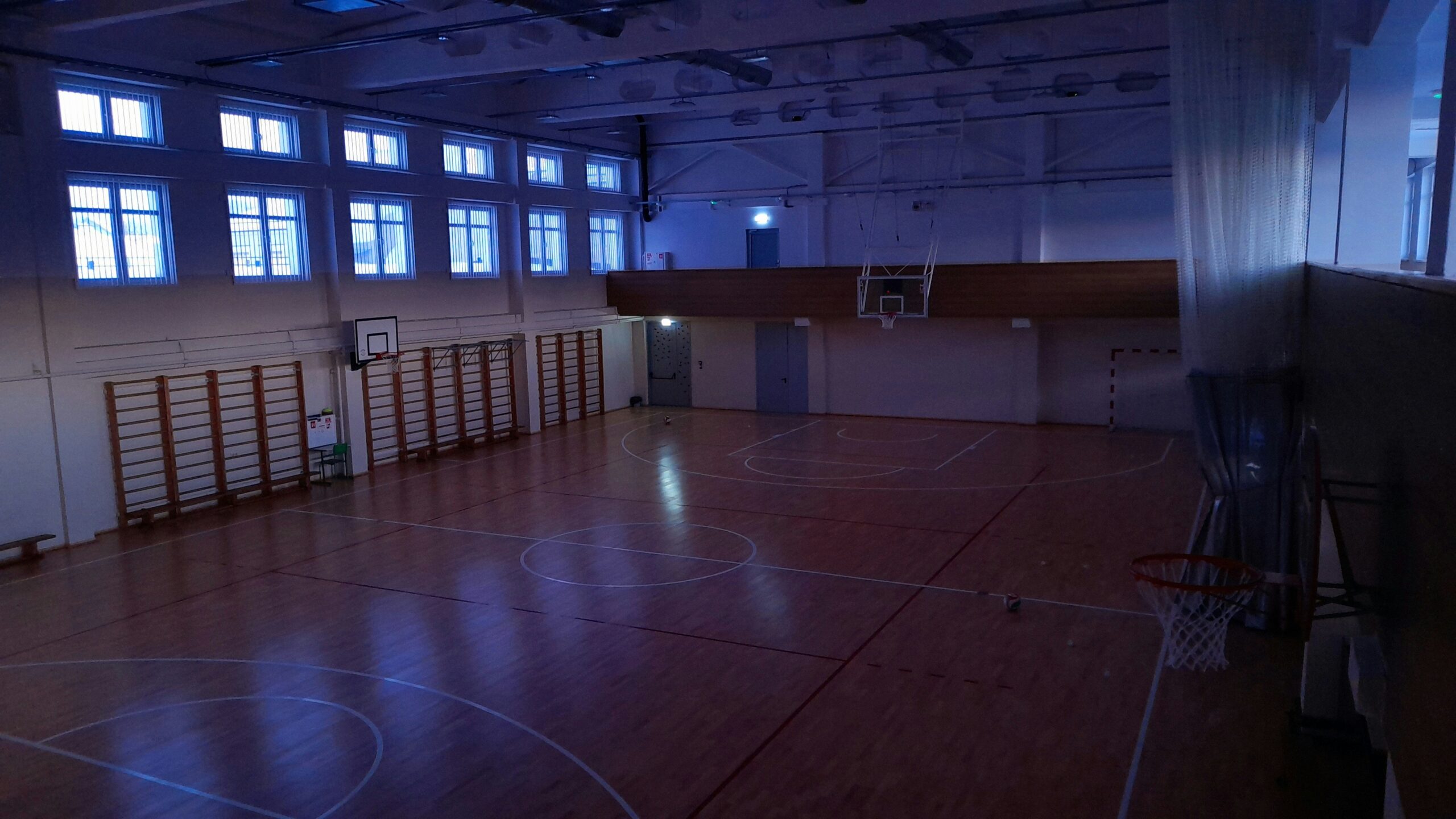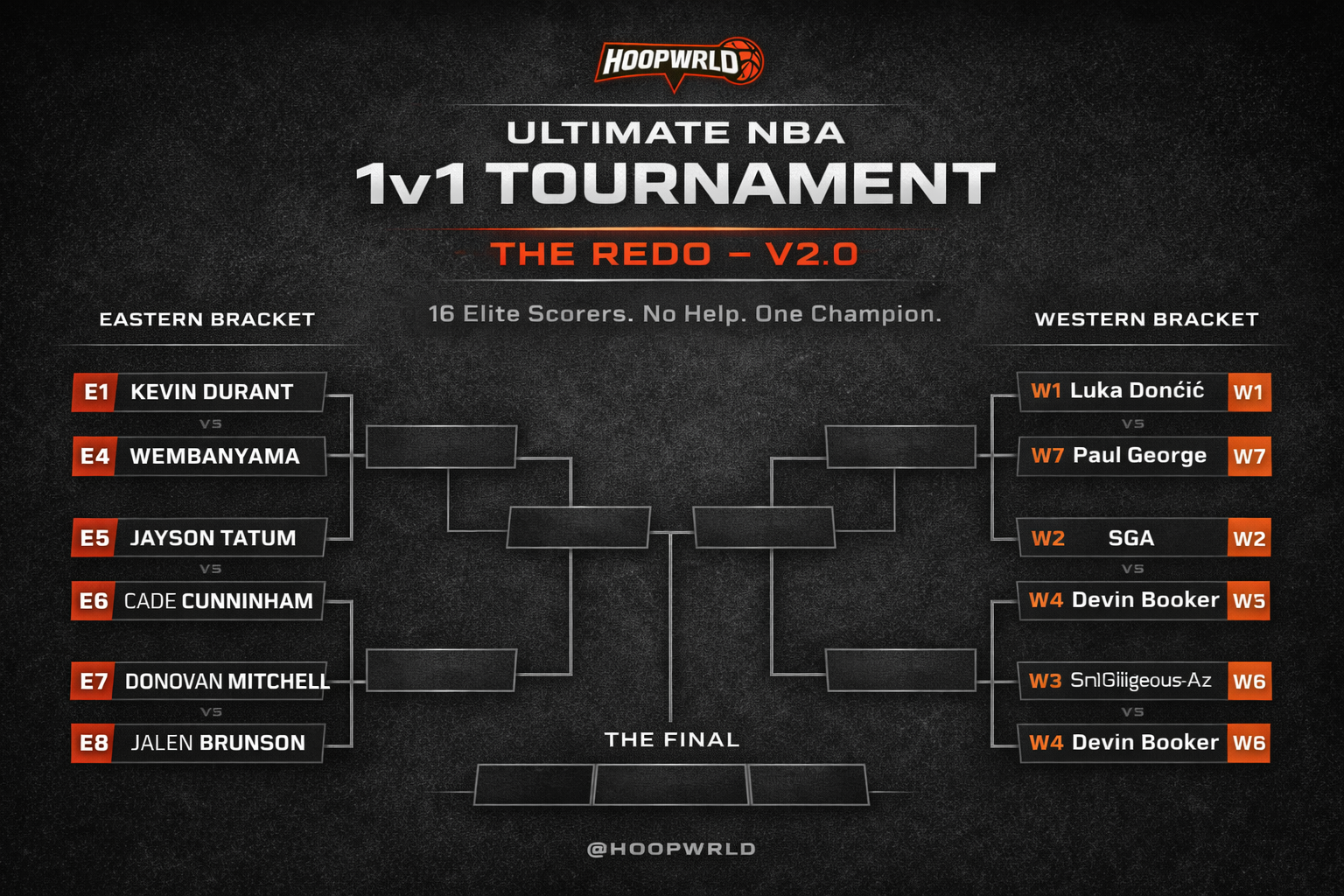You just wrapped up your season. Maybe you’re feeling good about your play. Maybe you hit some big shots, got some wins, made some highlights. Maybe you’re thinking about taking a break, enjoying some time off.
Stop right there.
While you’re thinking about relaxing, hundreds of other players at your position are already back in the gym. They’re watching film. They’re fixing weaknesses. They’re getting better. Right now. Today.
Here’s the reality: You don’t have as much time as you think. Each season that passes in high school is one less chance to show college coaches what you can do. One less opportunity to develop your game. One less year to turn your basketball dreams into reality.
The Hard Truth About Where You Stand
Out of nearly 540,000 high school basketball players, only about 1% make it to Division I. Want to know something even more real? Most players who do make it don’t just work hard – they work smart. They take an honest, sometimes brutal look at their game and attack their weaknesses with a precise plan.
This Isn’t Just Another Basketball Article
Your season just ended. You’ve got game film. You’ve got stats. You’ve got feedback from coaches. What you do with this information in the next few months will impact your entire basketball future. This isn’t about just getting better – it’s about getting better faster and more efficiently than the thousands of other players fighting for the same opportunities you want.
The Truth About Elite Development
This is your wake-up call. That game where you couldn’t get by your defender? Those free throws you missed in the fourth quarter? That defensive assignment you blew? These aren’t just memories from your season – they’re signals pointing to what you need to fix right now.
Every college program, from D1 powerhouses to junior colleges, is looking for players who understand how to evaluate their game and have a proven track record of turning weaknesses into strengths. They want to see how you respond after your season ends. Are you the player who thinks they’ve done enough? Or are you the player who’s hungry to find every way to improve?
Think about where you want to be at this time next year. Better yet, think about where you need to be. Those goals you have – playing college ball, getting a scholarship, making it to the next level – they don’t wait for players who wait to get better.
Why Bother with Self-Evaluation?
It’s Like Having a Basketball GPS
When you’re trying to get somewhere in a car, you need to know two things: where you are and where you want to go
– In basketball, self-evaluation tells you exactly where your game is right now
– Once you know that, you can make a clear plan to reach your basketball goals
Spot Your Superpowers
– Maybe you’re an amazing rebounder but didn’t realize it
– Or perhaps your court vision is better than you thought
– Self-evaluation helps you find your special skills – the things that make you unique on the court
Find Your Fixables
– Every player has things they need to work on – even the pros
– Knowing what to fix helps you practice the right things
– Instead of just shooting around, you can focus on specific skills that need work
Being 100: The Secret Sauce
Here’s the tricky part – you have to be totally honest with yourself. It’s like when you’re practicing free throws: pretending you made a shot when you missed doesn’t help you get better. Being honest about your skills might feel uncomfortable at first, but it’s the only way to truly improve.
Remember:
– It’s okay to admit you need work on something
– Everyone has weaknesses – even NBA stars
– Being honest about what you need to fix is a sign of strength, not weakness
Getting Help from Your Basketball Family
You know what’s cool about basketball? It’s a team sport, and that team spirit helps with self-evaluation too. Don’t be afraid to ask others for input:
Your Coach
– They see things you might miss during games
– They know what skills you need for your position
– They can help you make a plan to improve
Your Teammates
– They play with you every day
– They might notice things about your game you don’t see
– They can give you tips that worked for them
Your Family
– They watch your games from a different perspective
– They can help you stay motivated
– They might remember moments you forgot about
Making It Work for You
Here’s how to make self-evaluation really useful:
1. Be Regular
– Set aside specific times to think about your game
– Maybe after each game or every weekend
– Keep track of your thoughts in a basketball journal
2. Be Specific
– Instead of “I need to get better at shooting”
– Try “I need to improve my free throw percentage”
– This makes it easier to track your progress
3. Be Action-Oriented
– For each thing you evaluate
– Come up with a specific plan to improve it
– Set realistic goals and deadlines
The Big Picture
Think about it this way: every great basketball player started somewhere. Michael Jordan didn’t make his high school varsity team at first, but he kept working on his game. He knew what he needed to improve, and he did it.
Self-evaluation isn’t just about finding what’s wrong – it’s about understanding your whole game better. It’s about knowing your strengths and building on them while working on your weaknesses. It’s about becoming not just a better basketball player, but a smarter one too.
Remember:
– Everyone can improve
– Knowing yourself is the first step to getting better
– The best players never stop evaluating and learning
Your Turn!
Ready to start your self-evaluation journey? Download this self-evaluation form? (Click here) Or complete our basketball player assessment (click here) with recommendations which your coach could also complete. Here are some questions to get you thinking:
– What do you think you do best on the court?
– What’s one thing you want to get better at?
– Who can help you see your game more clearly?
Take that first step. Be real, be thorough, and most importantly, be excited about getting better. Every great player has done this, and now it’s your turn to join them on the path to improvement.
Remember, the goal isn’t to be perfect – it’s to be better than you were yesterday. And self-evaluation is one of your best tools to make that happen.




